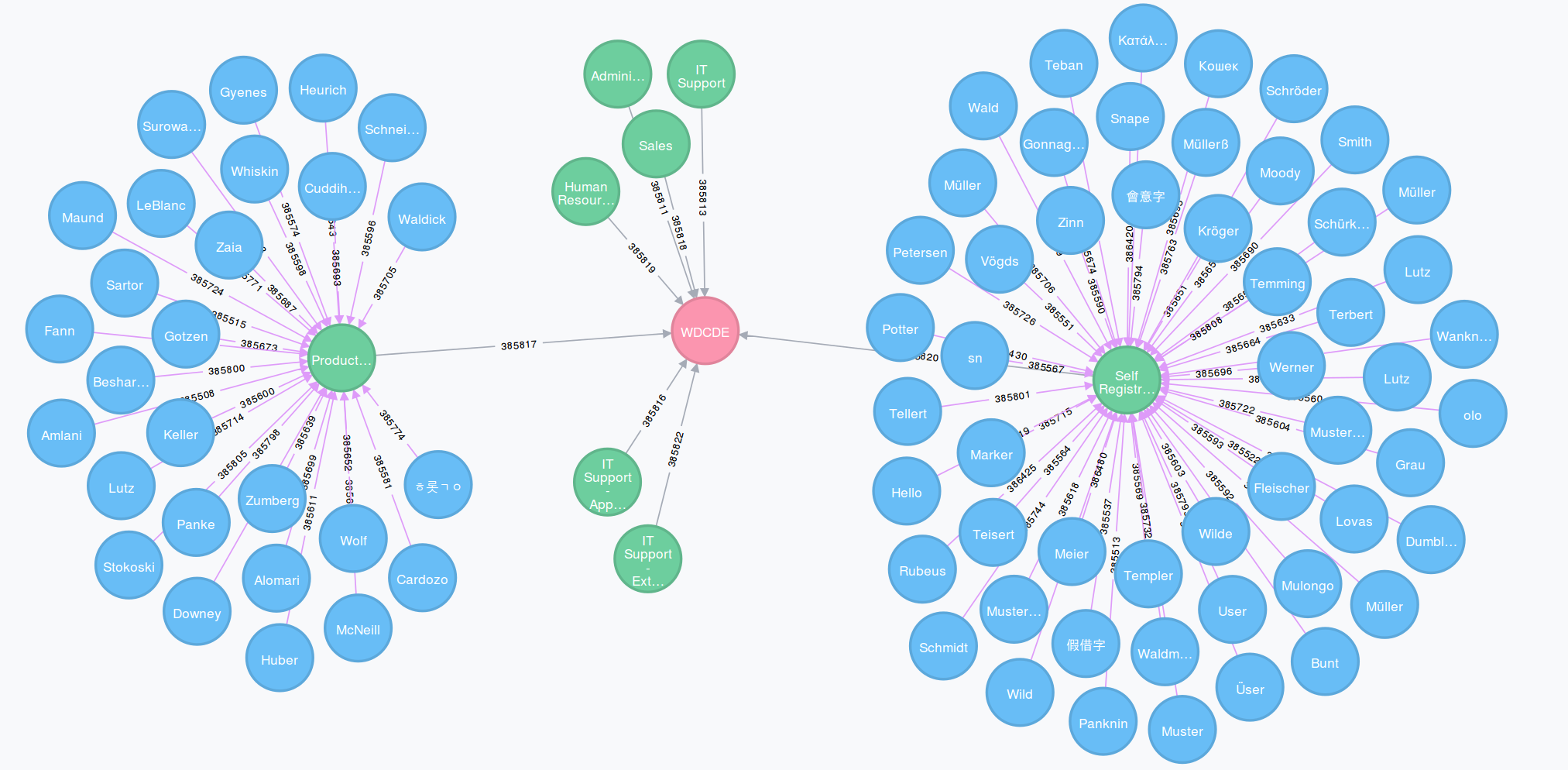
Things vs. Strings
A string is a string: it only ‚means‘ something to the observing instance if the string itself is known. In a semantic environment, a string is stored as ‚something‘ linked to another entity. This entity can further be described in ontologies, providing additional details about the type of the entity linked.
Microservices vs. Monoliths
Modern system architectures and development methods use slim processes; with short, iterative cyles and constant improvements of the implemented elements. This approach mostly has not arrived in the IAM/IAG world yet. The large monolithic systems we are facing today do not really allow for agile methods. WedaCon‘s Microservices consequently avoids these monoliths.

Predicates vs. Attributes
Attributes, either pure or in their relational variant, are commonly used to further describe digital identities. But attributes lack depth and profundity. Using properties and predicates, a relation can provide a more complete picture on what being linked to each other, allowing new, automatically generated knowledge and rich contextual meaning.
